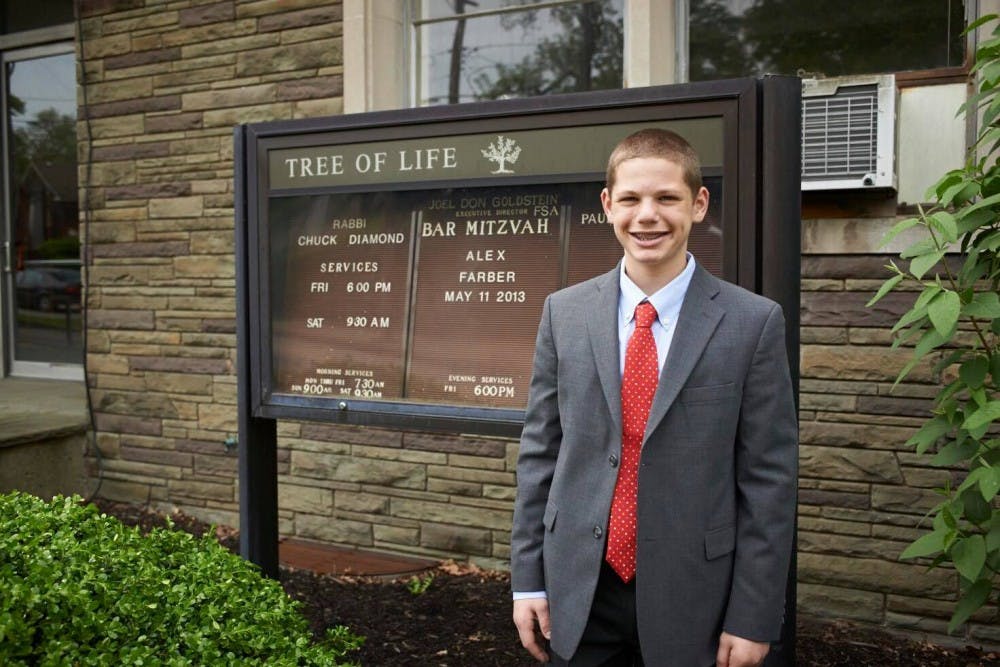Updated at 10/29/18 at 9:46 p.m.
Elon students are still grieving after 11 people were killed at the Tree of Life synagogue in Pittsburgh over the weekend.
Freshman Alex Farber grew up in the community.
“I would've never thought it would have been the synagogue I grew up in, had my bar mitzvah and my brother had his bar mitzvah in it,” Farber said.
For Farber, the Tree of Life synagogue shaped who he’s become today. He knew two of the victims.
“They were special needs and their whole life was the synagogue,” Farber said.
“They're always there greeting people when you walk in, every single Saturday morning. Whether it's a bar mitzvah or just regular services, they were always at the door greeting people.”
Junior Noah Lakind and several other students were shocked that the university did not send out an email the same day the event happened.
“I think that within a few hours of previous school shootings, the Elon administration has sent out an email,” said sophomore Adam Tommer.
Tommer, along with other students, took part in organizing a gathering in the Moseley Center Sunday afternoon. He helped spread the event by word of mouth and social media posts.
“To make this happen was just really powerful to me and just shows the resiliency in power of the Jewish community around the world,” Tommer said.
“I think that the overall reaction at Elon is similar to the overall reaction at nationwide. It’s less and more quiet than other shootings,” said senior Leah Kay.
Jon Dooley sent an email on behalf of Jewish Life at Elon Sunday at 2:46 p.m. and invited the community to gather in Numen Lumen at 7 p.m.
Despite the delay, the group came together late Saturday night to organize a gathering of prayer and reflection.
Rabbi Mendy Minkowitz works with Chabad of Elon and Burlington. He said this violence was a threat to all Jews.
“I think it's also trying to send a message that we shouldn't even feel safe in our own domain, in our own houses of worship. And we shouldn't ever feel like we're free of antisemitism and of bias,” Minkowitz said.
Minkowitz said the connection between dark and light in the Jewish faith is a constant reminder of hope.
“Most people are afraid to grab darkness and you know, get hurt in the process of that, have that struggle,” he said. “But you don't need to grab darkness, you just need to make light. And when you make light, darkness automatically fades.”
But Kay says hope is not enough.
“I think that the silence right now is deafening," Kay said, "and I think that it's really upsetting to see that the people who have so much to say about so many gun reform issues are saying nothing about this.”
For Lakind and Kay, there’s a gap in support from the Elon community.
“It's kind of ironic because Elon means 'oak' in Hebrew, and so I feel that a lot of people don't really recognize that there is a Jewish presence on campus,” Lakind said.
Kay said that everyone can offer their support.
“I think that that's really hard and you need to show that you're in solidarity with all groups and the Jews are a group that were prosecuted and have been prosecuted and time after time after time,” Kay said. “I think that many times people don't consider them a marginalized group and we are.”


